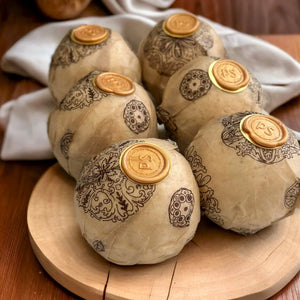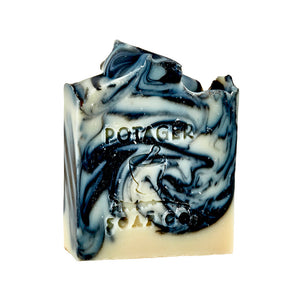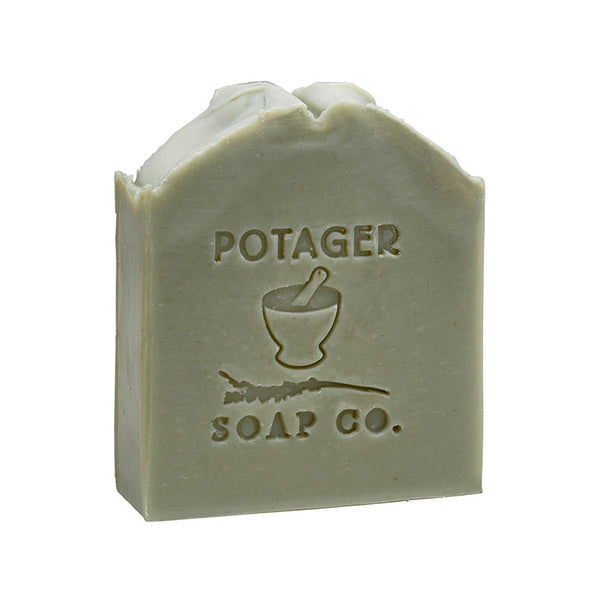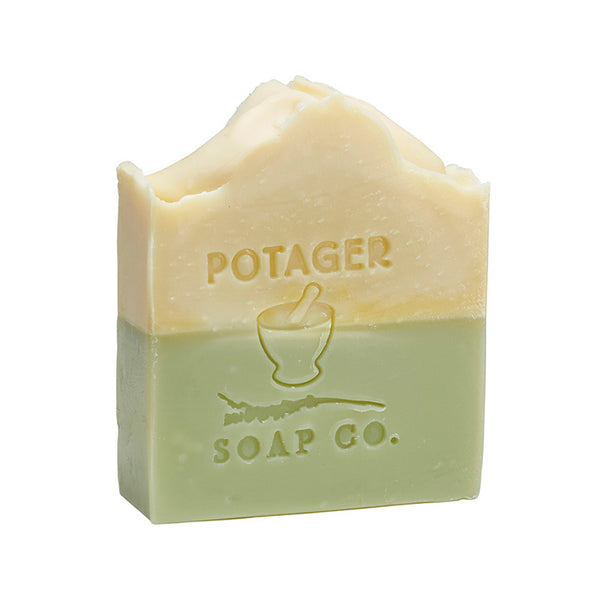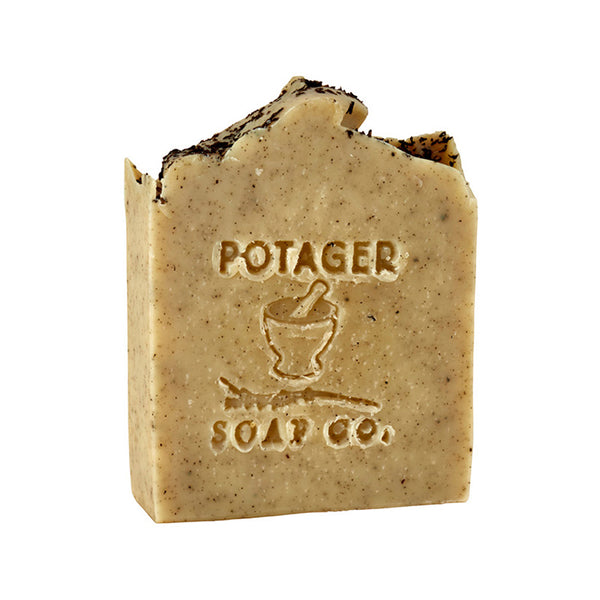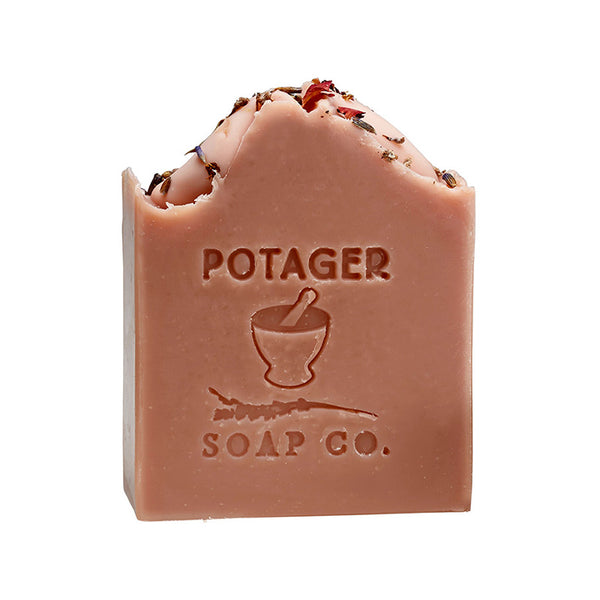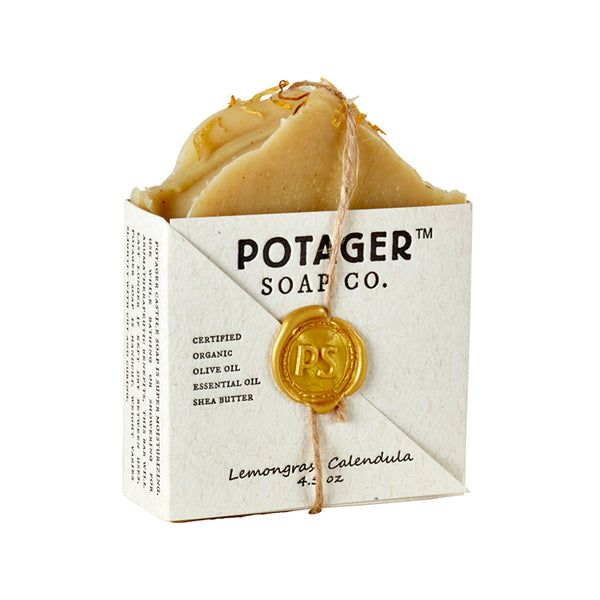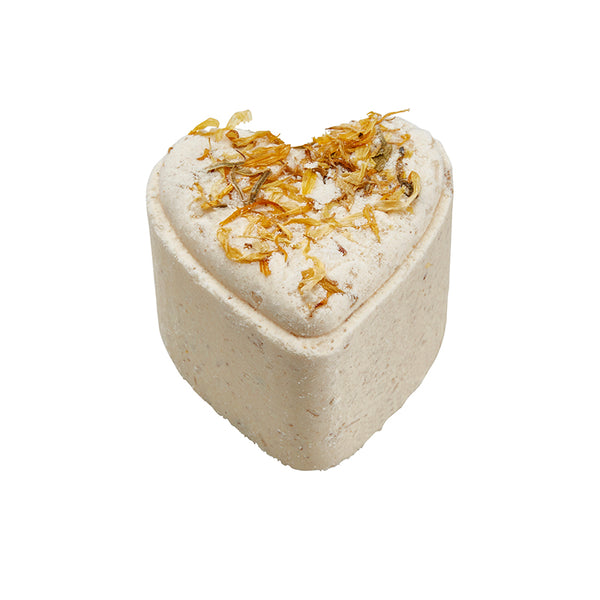100 Fascinating Facts About Human Skin and Skin Health
May 29, 2024
1. The Largest Organ
The skin is the largest organ of the human body, covering an average area of about 20 square feet.
2. Three Layers
Human skin consists of three primary layers: the epidermis, dermis, and hypodermis.
3. Epidermis
The epidermis is the outermost layer of the skin, providing a waterproof barrier and creating our skin tone.
4. Dermis
The dermis, beneath the epidermis, contains tough connective tissue, hair follicles, and sweat glands.
5. Hypodermis
The hypodermis is made of fat and connective tissue, providing insulation and cushioning for the body.
6. Constant Renewal
The skin renews itself approximately every 28 days.
7. Melanin
Melanin is the pigment that gives skin its color and helps protect against UV radiation.
8. Collagen
Collagen, found in the dermis, is a protein that provides structure and strength to the skin.
9. Elastin
Elastin is another protein in the dermis, allowing the skin to stretch and return to its original shape.
10. Keratin
Keratin is a protein in the epidermis that helps protect skin cells from damage or stress.
11. Sensory Receptors
The skin contains numerous sensory receptors for touch, pain, temperature, and pressure.
12. Immune Defense
Langerhans cells in the epidermis play a role in the immune system by detecting and fighting off pathogens.
13. Sweat Glands
The skin has two types of sweat glands: eccrine glands, which are found all over the body, and apocrine glands, which are found in areas with hair follicles.
14. Sebaceous Glands
Sebaceous glands produce sebum, an oily substance that helps keep the skin moist and protected.
15. Microbiome
The skin hosts a diverse microbiome, including bacteria, fungi, and viruses, which play a role in protecting against pathogens.
16. Barrier Function
The skin acts as a barrier to prevent the entry of harmful substances and the loss of moisture.
17. UV Protection
Melanin in the skin helps protect against the harmful effects of ultraviolet (UV) radiation.
18. Vitamin D Synthesis
The skin synthesizes vitamin D when exposed to sunlight, essential for bone health and immune function.
19. Thermoregulation
The skin helps regulate body temperature through sweating and blood vessel dilation or constriction.
20. Acid Mantle
The skin's surface has a slightly acidic pH, known as the acid mantle, which helps protect against pathogens.
21. Healing Ability
The skin has remarkable healing abilities, with cells capable of regeneration after injury.
22. Age-Related Changes
As we age, the skin's production of collagen and elastin decreases, leading to wrinkles and sagging.
23. Hydration
Proper hydration is essential for maintaining healthy skin, as water helps maintain its elasticity and suppleness.
24. Nutrition
A balanced diet rich in vitamins and minerals supports skin health, particularly vitamins A, C, D, and E.
25. Sunscreen
Regular use of sunscreen helps protect the skin from UV damage, reducing the risk of skin cancer and premature aging.
26. Exfoliation
Exfoliation helps remove dead skin cells, promoting cell turnover and a brighter complexion.
27. Moisturizing
Moisturizing helps maintain the skin's hydration and strengthens its barrier function.
28. Acne
Acne is a common skin condition caused by clogged hair follicles, excess oil production, and bacteria.
29. Eczema
Eczema, or atopic dermatitis, is a condition characterized by dry, itchy, and inflamed skin.
30. Psoriasis
Psoriasis is an autoimmune condition that causes the rapid buildup of skin cells, leading to scaling and inflammation.
31. Rosacea
Rosacea is a chronic skin condition causing redness and visible blood vessels, often affecting the face.
32. Hyperpigmentation
Hyperpigmentation occurs when certain areas of the skin produce more melanin, leading to dark spots.
33. Hypopigmentation
Hypopigmentation is the loss of skin color due to a decrease in melanin production.
34. Skin Cancer
Skin cancer is the abnormal growth of skin cells, often caused by UV exposure. The most common types are basal cell carcinoma, squamous cell carcinoma, and melanoma.
35. Moles
Moles are growths on the skin caused by clusters of pigmented cells. While most are benign, some can develop into melanoma.
36. Birthmarks
Birthmarks are skin irregularities present at birth or appearing shortly thereafter, often caused by abnormal blood vessels or pigmented cells.
37. Stretch Marks
Stretch marks occur when the skin stretches rapidly, such as during pregnancy or rapid weight gain, causing the dermis to tear.
38. Cellulite
Cellulite is a condition where the skin appears lumpy or dimpled due to fat deposits pushing through connective tissue.
39. Scarring
Scars form when the skin heals after an injury, with the new tissue being different in texture and appearance.
40. Wound Healing Stages
Wound healing involves four stages: hemostasis, inflammation, proliferation, and remodeling.
41. Glycation
Glycation is the bonding of sugar molecules to proteins, leading to the formation of advanced glycation end products (AGEs) that can damage collagen and elastin.
42. Free Radicals
Free radicals are unstable molecules that can damage skin cells, contributing to aging and disease.
43. Antioxidants
Antioxidants help neutralize free radicals, protecting the skin from damage and promoting health.
44. Blue Light
Exposure to blue light from screens can contribute to skin aging by generating free radicals.
45. Air Pollution
Air pollution can accelerate skin aging and exacerbate conditions like acne and eczema by damaging the skin barrier.
46. Smoking
Smoking reduces blood flow to the skin, depleting it of oxygen and nutrients, leading to premature aging.
47. Alcohol
Excessive alcohol consumption can dehydrate the skin and exacerbate conditions like rosacea.
48. Sleep
Adequate sleep is essential for skin health, as it allows for repair and regeneration.
49. Stress
Chronic stress can negatively impact skin health by triggering inflammation and worsening conditions like acne and eczema.
50. Exercise
Regular exercise promotes healthy skin by improving circulation and reducing stress.
51. Cold Weather
Cold weather can dry out the skin, leading to flakiness and irritation.
52. Hot Weather
Hot weather can increase sweating and oil production, potentially leading to breakouts.
53. Humidity
High humidity can exacerbate oily skin and acne, while low humidity can cause dryness and irritation.
54. Hygiene
Proper hygiene, including regular washing, helps maintain skin health by removing dirt, oil, and bacteria.
55. pH Balance
Maintaining the skin's pH balance is crucial for preserving its barrier function and microbiome.
56. Oil Control
Managing oil production is important for preventing acne and maintaining skin health.
57. Hair Removal
Hair removal methods, such as shaving and waxing, can cause irritation and ingrown hairs if not done properly.
58. Dermatitis
Dermatitis is inflammation of the skin caused by various factors, including irritants, allergens, and genetics.
59. Allergic Reactions
Allergic reactions to skincare products or environmental factors can cause redness, itching, and swelling.
60. Sensitive Skin
Sensitive skin is more prone to irritation and reactions, often requiring gentle and hypoallergenic products.
61. Skin Types
Skin types include normal, oily, dry, combination, and sensitive, each requiring different care approaches.
62. Skin Aging
Skin aging is influenced by intrinsic factors (genetics, natural aging process) and extrinsic factors (sun exposure, lifestyle).
63. Hydration vs. Moisturization
Hydration involves increasing water content in the skin, while moisturization involves sealing in moisture to prevent loss.
64. Ceramides
Ceramides are lipids found in the skin barrier that help maintain hydration and protect against environmental damage.
65. Peptides
Peptides are short chains of amino acids that can stimulate collagen production and improve skin texture.
66. Retinoids
Retinoids are vitamin A derivatives that promote cell turnover and improve skin texture and tone.
67. AHAs and BHAs
Alpha hydroxy acids (AHAs) and beta hydroxy acids (BHAs) are exfoliants that help remove dead skin cells and improve texture.
68. Hyaluronic Acid
Hyaluronic acid is a powerful humectant that attracts and retains moisture in the skin.
69. Niacinamide
Niacinamide is a form of vitamin B3 that helps reduce inflammation, improve elasticity, and even out skin tone.
70. Vitamin C
Vitamin C is an antioxidant that brightens skin, reduces pigmentation, and promotes collagen production.
71. Vitamin E
Vitamin E is an antioxidant that protects against UV damage and supports skin healing.
72. Zinc
Zinc is a mineral that helps reduce inflammation and supports skin healing and acne prevention.
73. Omega-3 Fatty Acids
Omega-3 fatty acids, found in fish oil, help maintain skin barrier function and reduce inflammation.
74. Probiotics
Probiotics can support a healthy skin microbiome and reduce inflammation and acne.
75. Prebiotics
Prebiotics are nutrients that support the growth of beneficial bacteria in the skin microbiome.
76. Adaptogens
Adaptogens, such as ashwagandha and turmeric, can help reduce stress and inflammation in the skin.
77. Facial Masks
Facial masks provide targeted treatment for specific skin concerns, such as hydration, detoxification, or brightening.
78. Toners
Toners help balance the skin's pH, remove residual impurities, and prepare the skin for further treatment.
79. Serums
Serums are concentrated treatments that deliver active ingredients to address specific skin concerns.
80. Eye Creams
Eye creams are formulated to address the delicate skin around the eyes, targeting concerns like puffiness, dark circles, and fine lines.
81. Lip Care
Lip care involves using balms and treatments to keep lips hydrated and protected from environmental damage.
82. Hand Care
Hand care is important for maintaining skin health, especially since hands are frequently exposed to harsh conditions.
83. Foot Care
Foot care involves keeping the skin on the feet moisturized and free from calluses and cracks.
84. Body Care
Body care products, such as lotions and oils, help maintain skin health and hydration over the entire body.
85. Skin Supplements
Skin supplements, such as collagen and biotin, can support skin health from the inside out.
86. Dermatological Treatments
Dermatological treatments, such as chemical peels, laser therapy, and microneedling, can address various skin concerns.
87. Natural Remedies
Natural remedies, such as aloe vera, honey, and oatmeal, can provide gentle and effective treatment for various skin conditions.
88. DIY Skincare
DIY skincare involves creating custom treatments using natural ingredients, tailored to individual skin needs.
89. Clean Beauty
Clean beauty focuses on using non-toxic, sustainable, and ethically sourced ingredients in skincare products.
90. Vegan Skincare
Vegan skincare products are free from animal-derived ingredients and are often cruelty-free.
91. Cruelty-Free
Cruelty-free skincare products are not tested on animals, aligning with ethical and humane practices.
92. Organic Skincare
Organic skincare products are made from ingredients grown without synthetic pesticides or fertilizers.
93. Seasonal Skincare
Adjusting skincare routines seasonally helps address changes in skin needs due to weather and environmental factors.
94. Travel Skincare
Travel skincare involves using convenient and effective products to maintain skin health while on the go.
95. Minimalist Skincare
Minimalist skincare focuses on using a few high-quality products to achieve healthy skin without overcomplicating routines.
96. Multi-Tasking Products
Multi-tasking products offer multiple benefits, such as moisturization, sun protection, and anti-aging, in one formula.
97. Skincare Trends
Staying informed about skincare trends can help you discover new ingredients and techniques to enhance your routine.
98. Personalized Skincare
Personalized skincare involves using products tailored to individual skin types and concerns for optimal results.
99. Skincare Education
Educating yourself about skincare helps you make informed choices and develop effective routines.
100. Consistency
Consistency is key to achieving and maintaining healthy skin. Regularly following a tailored skincare routine will yield the best results over time.
Understanding these 100 facts about human skin and skin health can help you appreciate the complexity and importance of our body's largest organ. By adopting informed skincare practices, you can enhance your skin's health, appearance, and overall well-being.
At Potager Soap, we are dedicated to supporting natural skin health with products that align with nature's wisdom. Our commitment to using organic and natural ingredients ensures that our soaps provide the gentle, effective care your skin deserves.
By embracing the benefits of our products, you can enjoy skin that feels protected, strong, and glowing. Trust Potager Soap to leave your skin feeling amazing, every day.

